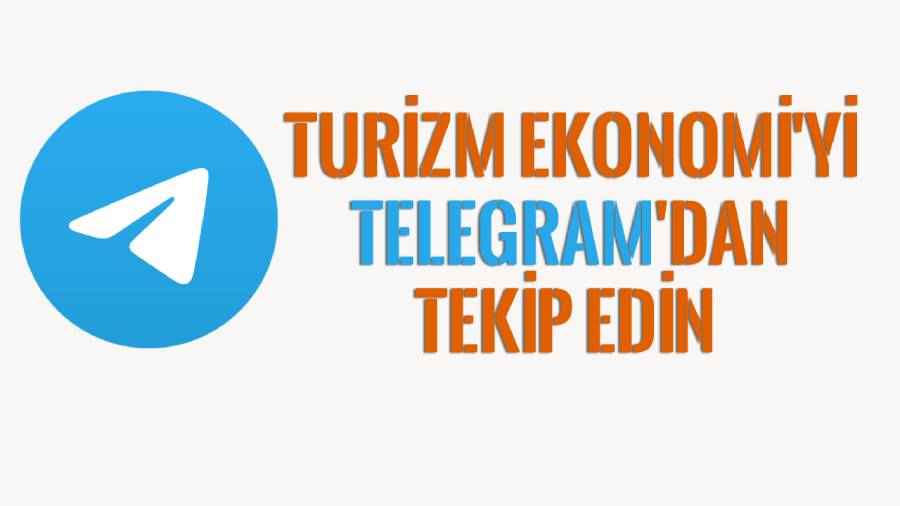The European Union has taken action against fake reviews.

The European Commission has introduced a new "Code of Ethics for Online Ratings and Reviews " to enhance the reliability of online reviews in the tourism and hospitality sector. The new regulation aims to strengthen the transparency of reviews of hotels and other accommodation establishments and create a more trustworthy environment for both consumers and businesses.
The code aims to develop applications that will guarantee that only real guests can leave reviews, prevent fake reviews and help travelers make more informed decisions when booking their holidays.
"Trustworthy online reviews are the foundation of trust in tourism. With this new ethical code, we are raising standards across Europe and ensuring that only genuine guests leave reviews," said Apostolos Tzitzikostas, EU Commissioner for Sustainable Transport and Tourism .
Prepared in collaboration with travel giantsThe code of ethics, pioneered by the European Union , was developed in collaboration with tourism stakeholders. The Greek Ministry of Tourism, national tourism authorities from other EU countries, and major platforms such as Airbnb , Booking.com , and Bravo Next SA ( Lastminute.com ) also contributed to the process.
The study received support from the sectorHotrec , the umbrella organization representing the European hotel industry, emphasized that fake reviews damage consumer confidence, distort competition and directly affect the revenues of accommodation and food and beverage businesses.
"This ethical code provides a structured platform for dialogue with platforms that host comments. It's an important step toward greater transparency and renewed trust in online feedback," Hotrec said in a statement.
One of the most troubling issues for the sectorFake reviews are one of the most common complaints in the tourism and hospitality industry. Reviews left without receiving any service not only damage a business's reputation but also obscure potentially beneficial comments and criticisms.
turizmekonomi






